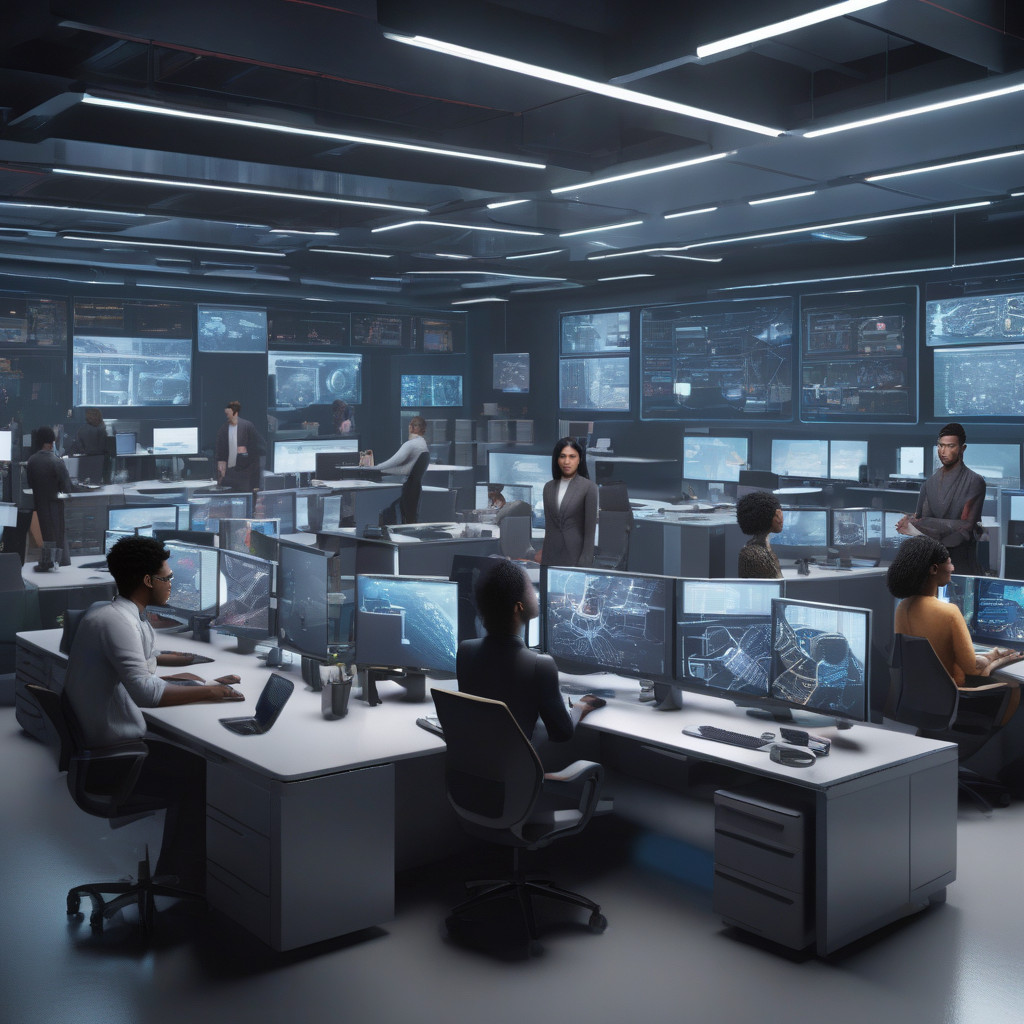More AI, More Problems for Software Developers in 2025
As we hurtle towards 2025, the landscape of software development is undergoing a seismic shift. The rise of Generative AI is reshaping the way code is created, with platforms engineering solutions and automation tools becoming increasingly prevalent. While this technological advancement promises greater efficiency and innovation, it also brings a new set of challenges for software developers to grapple with.
The Deluge of Code
Generative AI algorithms are churning out code at an unprecedented rate, flooding the development ecosystem with lines of software that would have taken human developers weeks, if not months, to produce. This influx of code presents both opportunities and dilemmas for software developers. On one hand, it accelerates the development process, allowing for rapid prototyping and iteration. On the other hand, it raises concerns about code quality, security vulnerabilities, and maintainability.
Platform Engineering on the Rise
Platform engineering, fueled by AI and machine learning capabilities, is gaining traction as organizations seek to streamline their development workflows and optimize resource utilization. By leveraging platforms that automate repetitive tasks, software developers can focus on higher-value strategic initiatives, such as architecting complex systems and enhancing user experiences. However, this shift towards platform engineering necessitates a reevaluation of traditional development practices and skill sets.
The Developer Crisis
Amidst the proliferation of AI-driven tools and technologies, a looming developer crisis is taking shape. As software development becomes increasingly automated and commoditized, the role of the human developer is evolving. While AI can augment productivity and creativity, it also poses a threat to the relevance of traditional coding skills. Software developers must adapt to this changing landscape by upskilling in areas such as data science, machine learning, and AI ethics to remain competitive in the industry.
Navigating the Challenges Ahead
In light of these developments, software developers must equip themselves with a diverse skill set that combines technical proficiency with adaptability and creativity. Embracing AI as a collaborator rather than a competitor is key to harnessing its full potential while mitigating its pitfalls. By staying abreast of emerging trends, investing in continuous learning, and fostering a culture of innovation, developers can navigate the complexities of the AI-driven future with confidence and resilience.
In conclusion, the era of more AI undoubtedly brings more problems for software developers in 2025. However, with proactive adaptation, strategic foresight, and a growth mindset, developers can transform these challenges into opportunities for professional growth and technological advancement. As the digital landscape continues to evolve, embracing change and embracing AI as a catalyst for innovation will be paramount for developers seeking to thrive in the dynamic world of software development.

